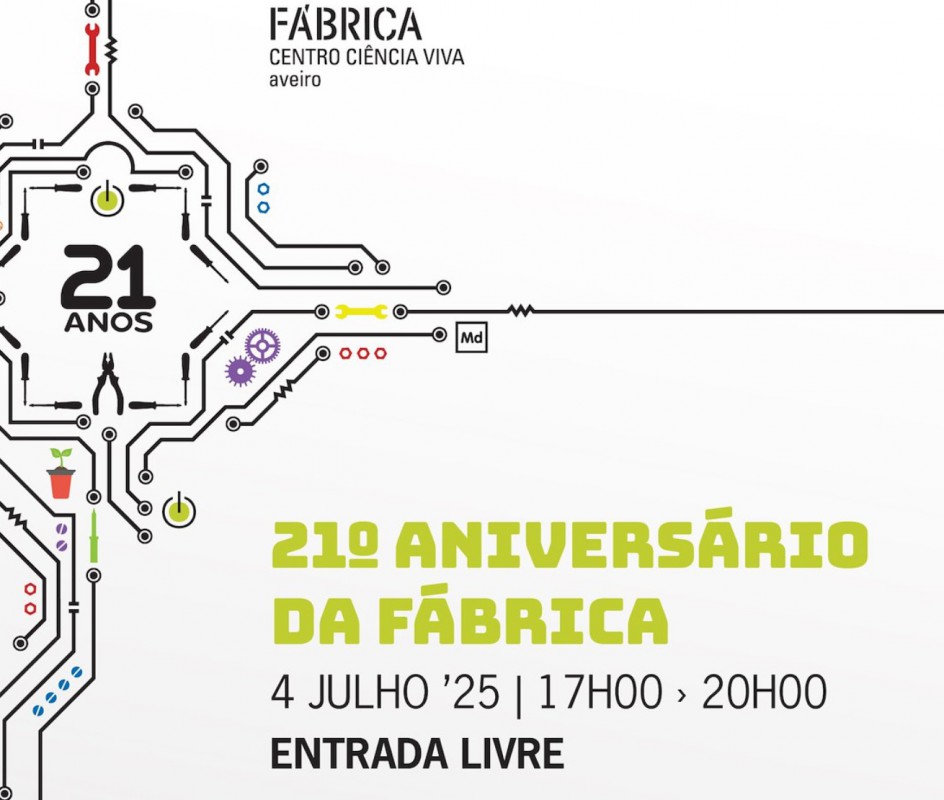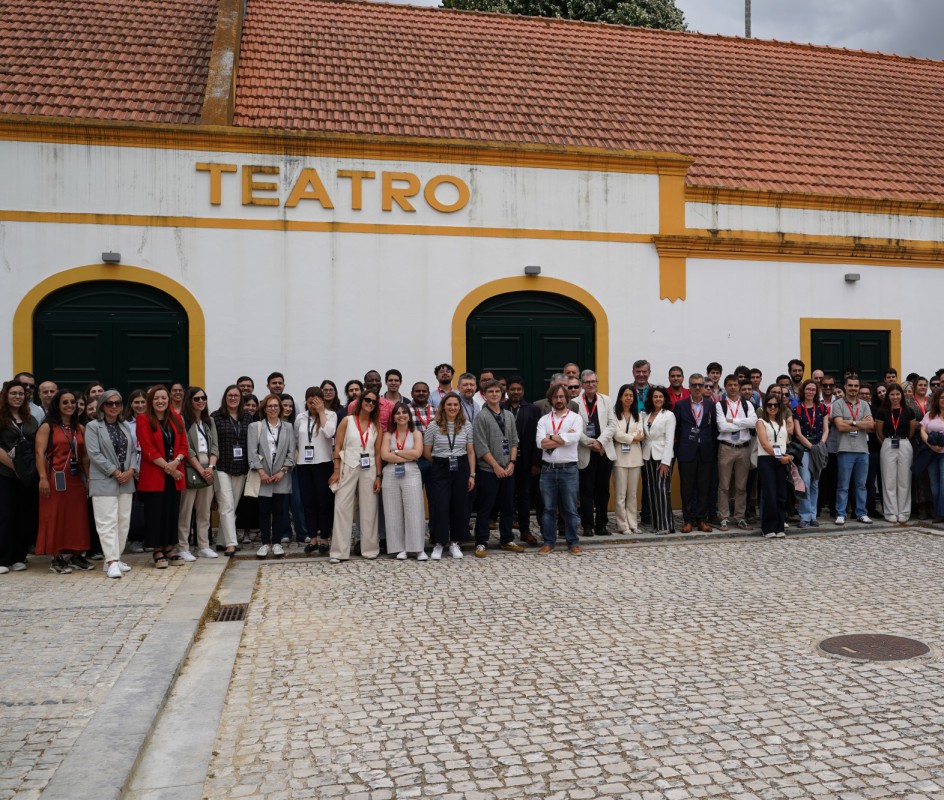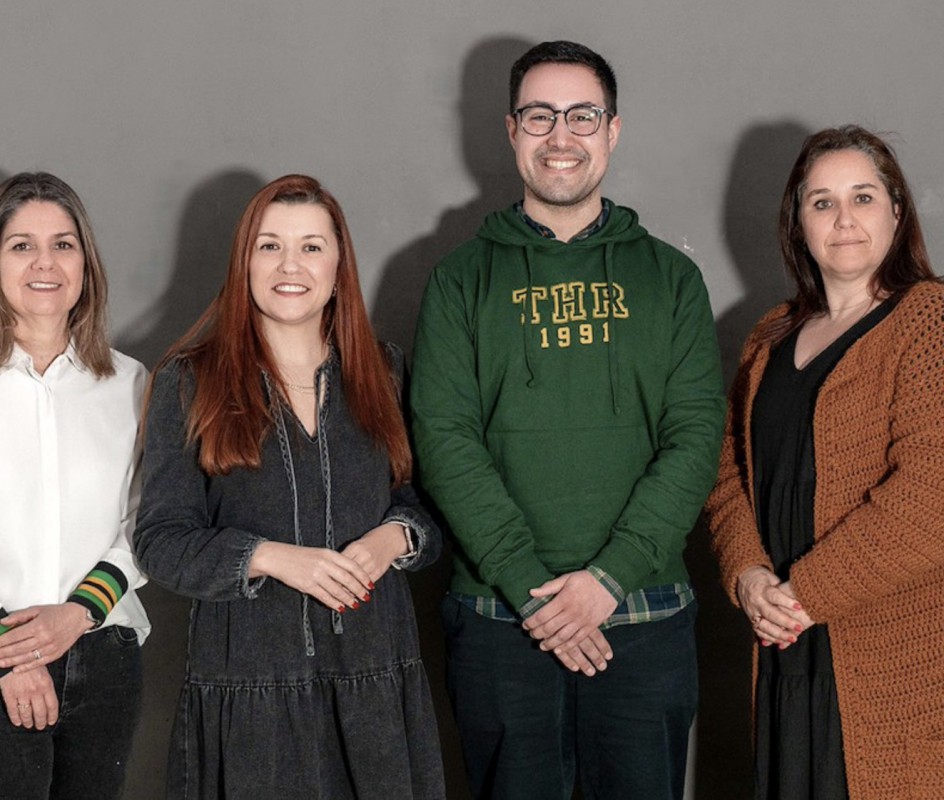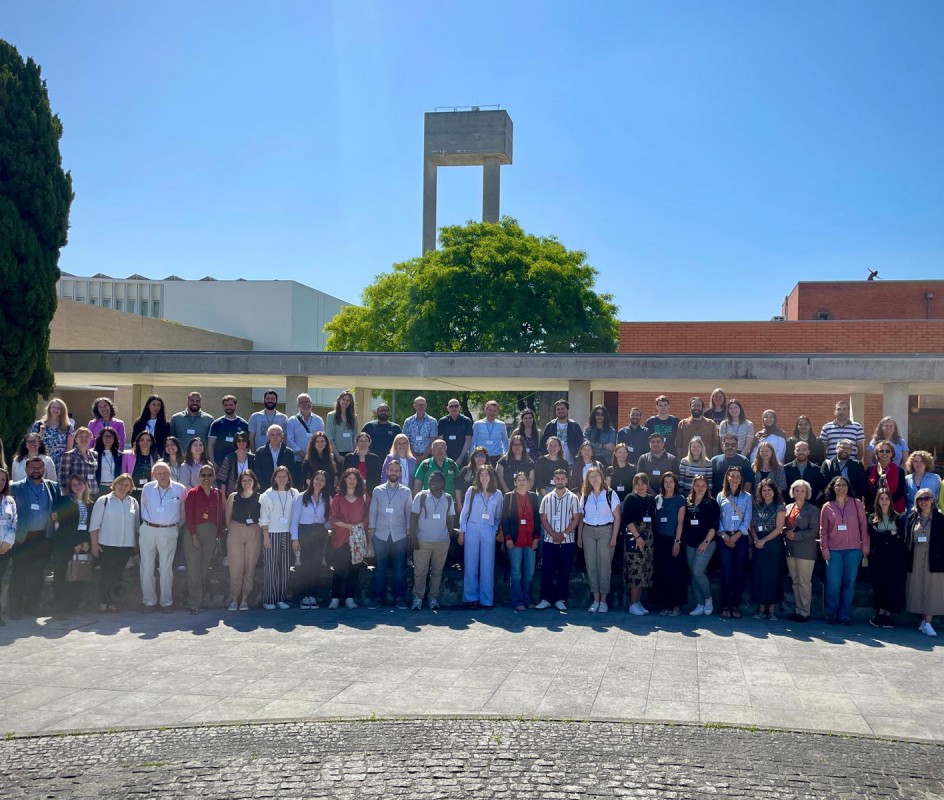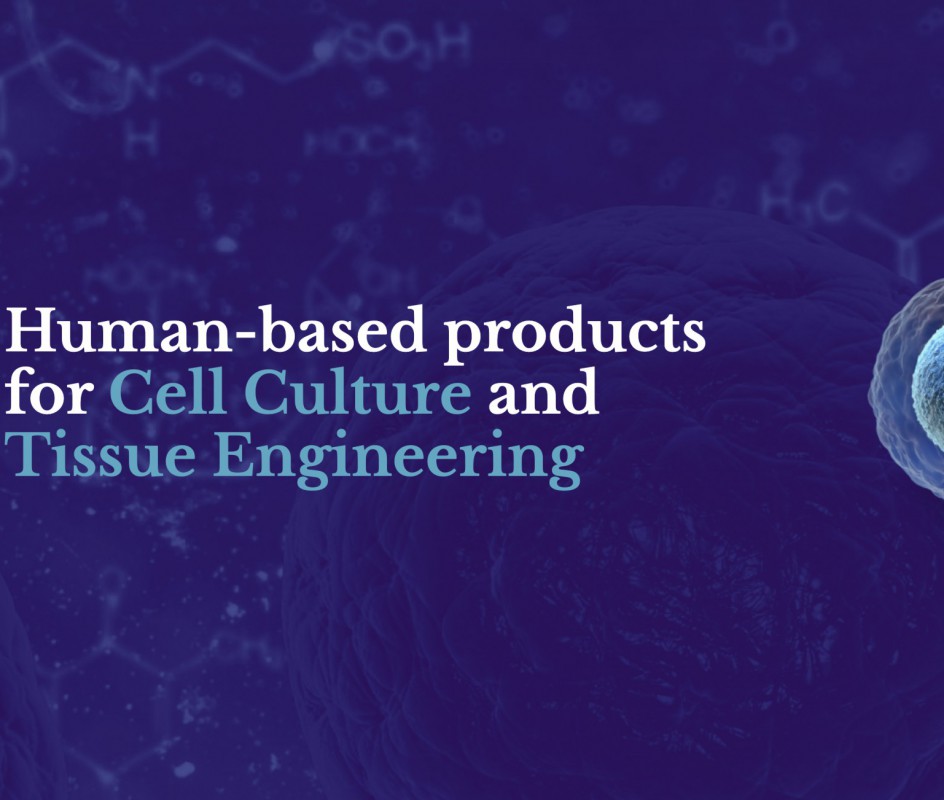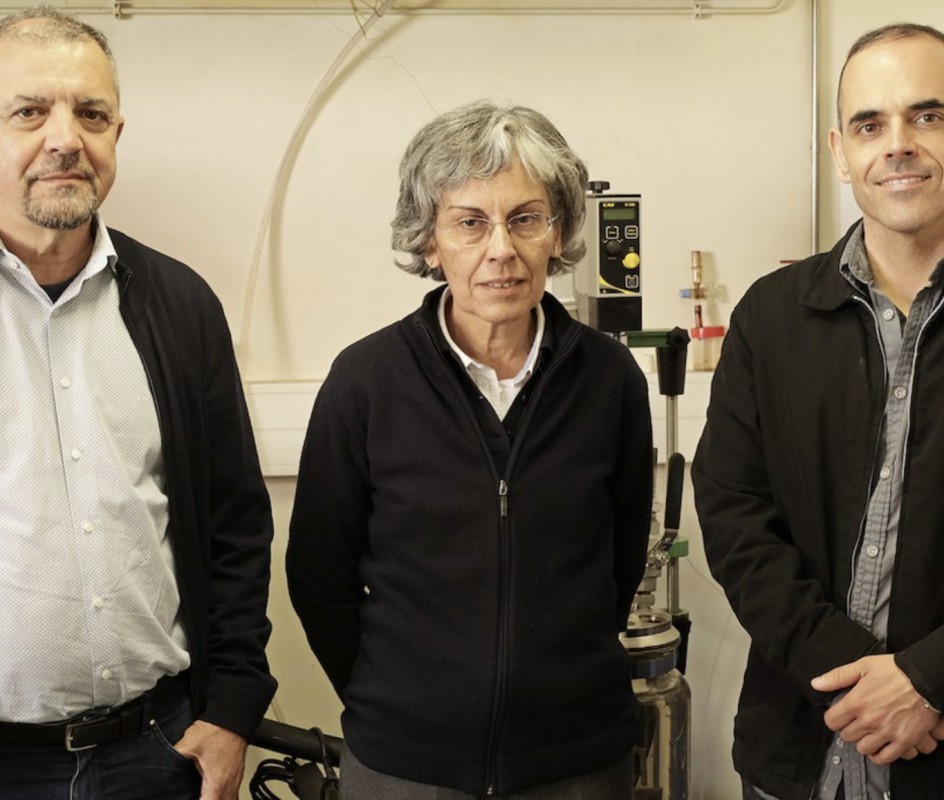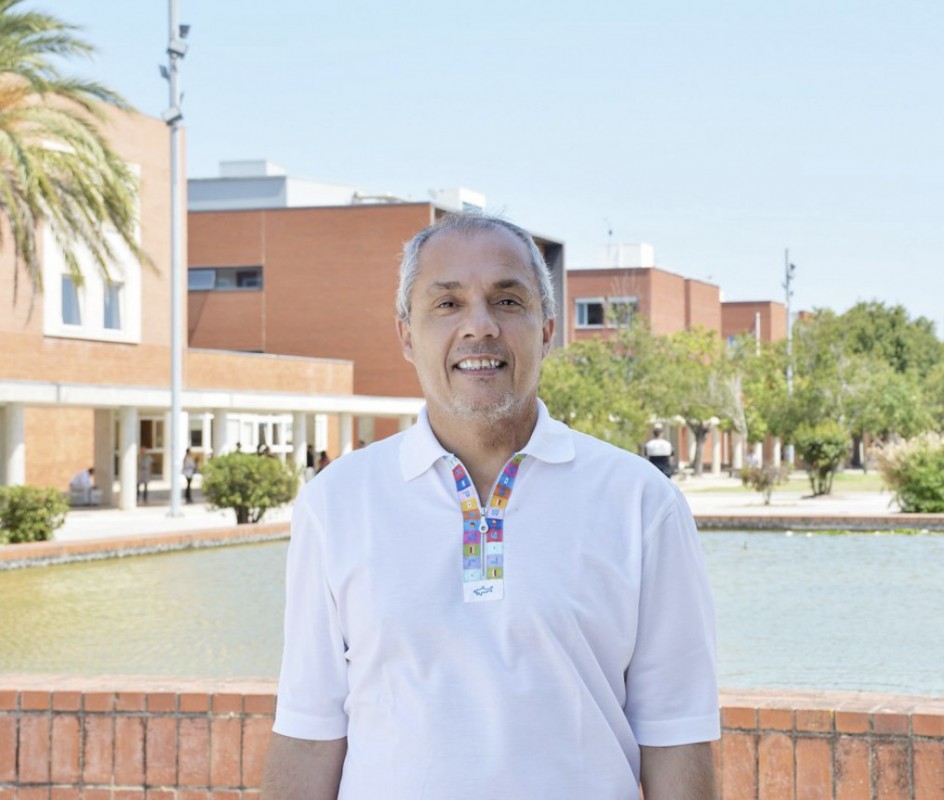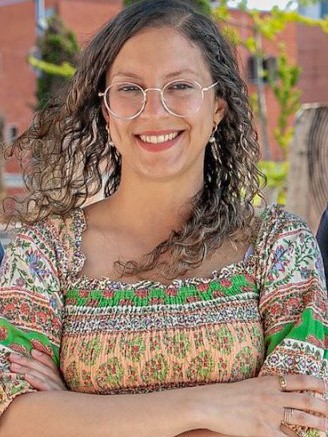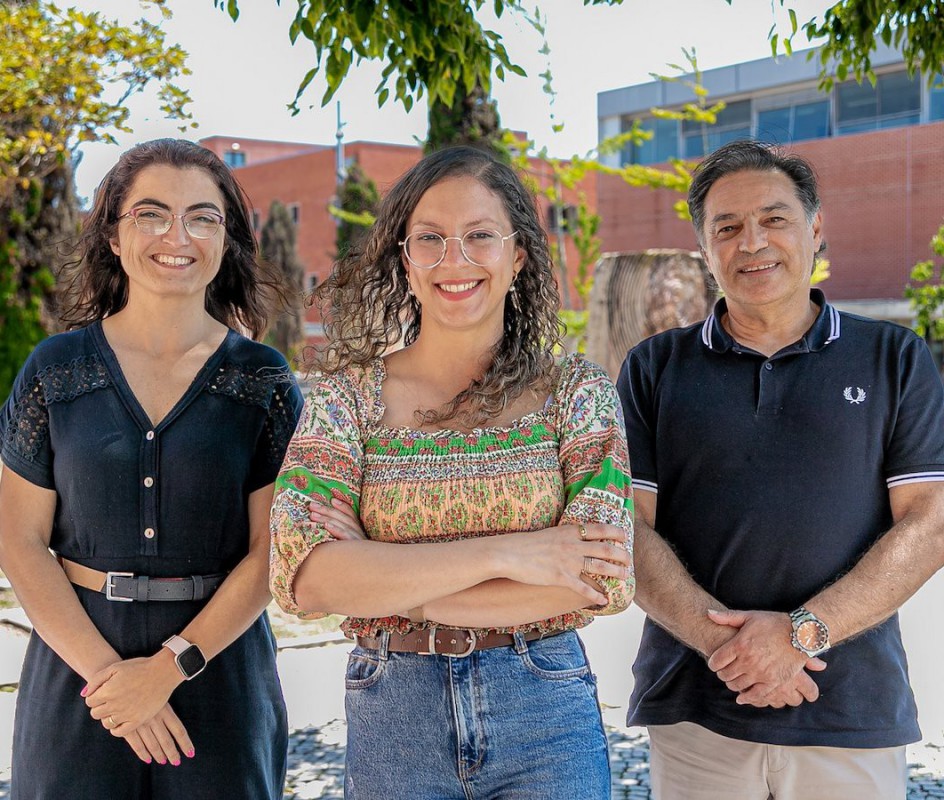
A scientifically challenging solution involving hybrid magnetic nanomaterials consisting of biopolymers and silica has been proposed for removal of pharmaceuticals and pesticides in contaminated water. The proposal, developed by Sofia Soares, as part of a doctoral thesis at the University of Aveiro (UAveiro), won the first prize of the International Sol-Gel Society (ISGS).
"This award signifies both national and international recognition of all the effort put in over the years of research as part of my doctorate at UAveiro. For me, winning this distinction reinforced that all the effort and all the battles won now have an even more special flavor, thus proving the success of the work developed as well as the excellent guidance from my advisors." Sofia Soares, Doctorate in Nanosciences and Nanotechnology from UAveiro, comments on the International Sol-Gel Society award, ex aequo with Emanuel Carlos' thesis, defended at the NOVA University Lisbon. The study was developed at CICECO-Aveiro Institute of Materials, under the scientific supervision of Ana Luísa Daniel da Silva and co-supervision of Tito Trindade, respectively, researcher and professor at the Department of Chemistry at UAveiro.
The UAveiro doctoral graduate believes that the distinction "may contribute to the development of attractive industrial applications in solving a real environmental problem (water contamination)". At the international level, Sofia Soares stresses that this validation of the work by the international jury may bring greater visibility, both to the researchers who developed the work and to the host institution that "ensured the necessary conditions for the work to be developed successfully".
The researcher understands that the work developed in the thesis "Magnetic bio-hybrid nanoadsorbents for the removal of pharmaceutical pollutants and pesticides from water" is, "undoubtedly, an excellent contribution to the advancement of scientific knowledge in the field of sol-gel chemistry." And explains why. The preparation of hybrid biopolymer-silica nanomaterials "is very challenging due to the low compatibility of natural biopolymers with common silica precursors." However, the synthetic approach developed in this doctoral thesis "allowed for the preparation of class II hybrids with a homogeneous chemical composition, high biopolymer content, and high control of morphology." "This synthetic route is versatile and was successfully employed on different biopolymers (e.g., gelatin and polysaccharides), leading to the preparation of a wide range of biohybrids with varying composition and properties."
Her ambition is to continue to deepen the study and to come up with a solution applicable in a real-life situation. The BIOMAG Proof of Concept project, recently approved for funding by CENTRO 2020, will allow the team to continue working in this direction.
Additional information: https://www.isgs.org/community/the-isgs-phd-thesis-award-prize-for-2021-goes-to/
Related Articles
We use cookies for marketing activities and to offer you a better experience. By clicking “Accept Cookies” you agree with our cookie policy. Read about how we use cookies by clicking "Privacy and Cookie Policy".


